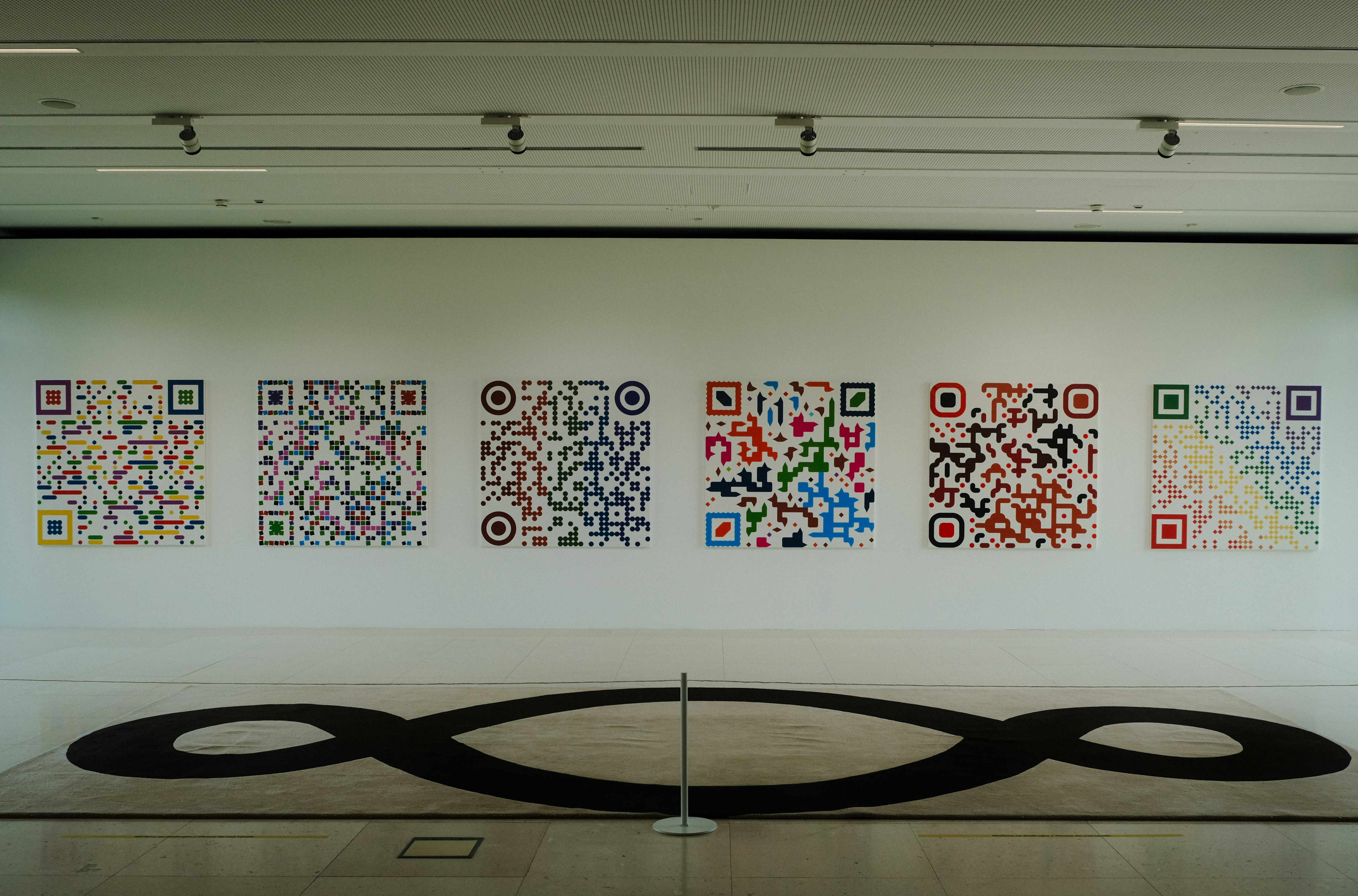Transformative Echoes: How Nostalgia is Reshaping Contemporary Culture
The concept of nostalgia, a sentimental yearning for the past, has always been a fascinating aspect of human psychology. It has become even more pertinent in recent years, as we witness an intriguing cultural paradox – an era defined by rapid technological advancements, yet characterized by a growing affinity for the past. But what drives this nostalgic resurgence, and how is it shaping our society? Read below to delve into this captivating interplay of past and present.
Unraveling the Threads of Nostalgia
Nostalgia, derived from the Greek words ‘nostos’ (homecoming) and ‘algos’ (pain), was initially considered a form of melancholia. However, modern interpretations view it more as a bittersweet emotional state, where fond memories from the past can offer comfort in the present. This shift reflects our evolving understanding of nostalgia, a concept deeply interconnected with the broader sociocultural and historical context.
The Rise of Retro: A Cultural Phenomenon
In today’s fast-paced, technology-driven world, nostalgia has found an interesting manifestation through the “retro” trend. From vintage fashion and vinyl records to classic movies and retro video games, the past seems to have permeated numerous aspects of contemporary culture. This phenomenon can be seen as a response to the uncertainties and anxieties of the digital age, with nostalgia providing a psychological anchor to simpler times.
The Societal Implications of Nostalgia
The nostalgic trend isn’t just a fleeting cultural fad; it has profound societal implications. It encourages intergenerational dialogue, fosters a sense of continuity, and contributes to individual and collective identity. Moreover, by reframing past ideals and aesthetics within modern contexts, it promotes a nuanced understanding of progress, challenging the notion that the future must completely abandon the past.
Nostalgia: A Double-Edged Sword?
Despite the comforting allure of nostalgia, it’s important to consider its potential downsides. A romanticized view of the past can lead to selective memory and resistance to change. In extreme cases, it can fuel regressive social movements, hinder innovation, and perpetuate harmful stereotypes. Therefore, while nostalgia can offer valuable insights and connections, it is crucial to approach it with a balanced perspective.
In conclusion, the current nostalgic trend is more than a simple cultural phenomenon. It offers a unique lens through which to view our society, giving us insights into our collective consciousness and desires. As we continue navigating the complexities of the 21st century, it will be fascinating to see how this interplay of past and present continues to shape our cultural landscape.





